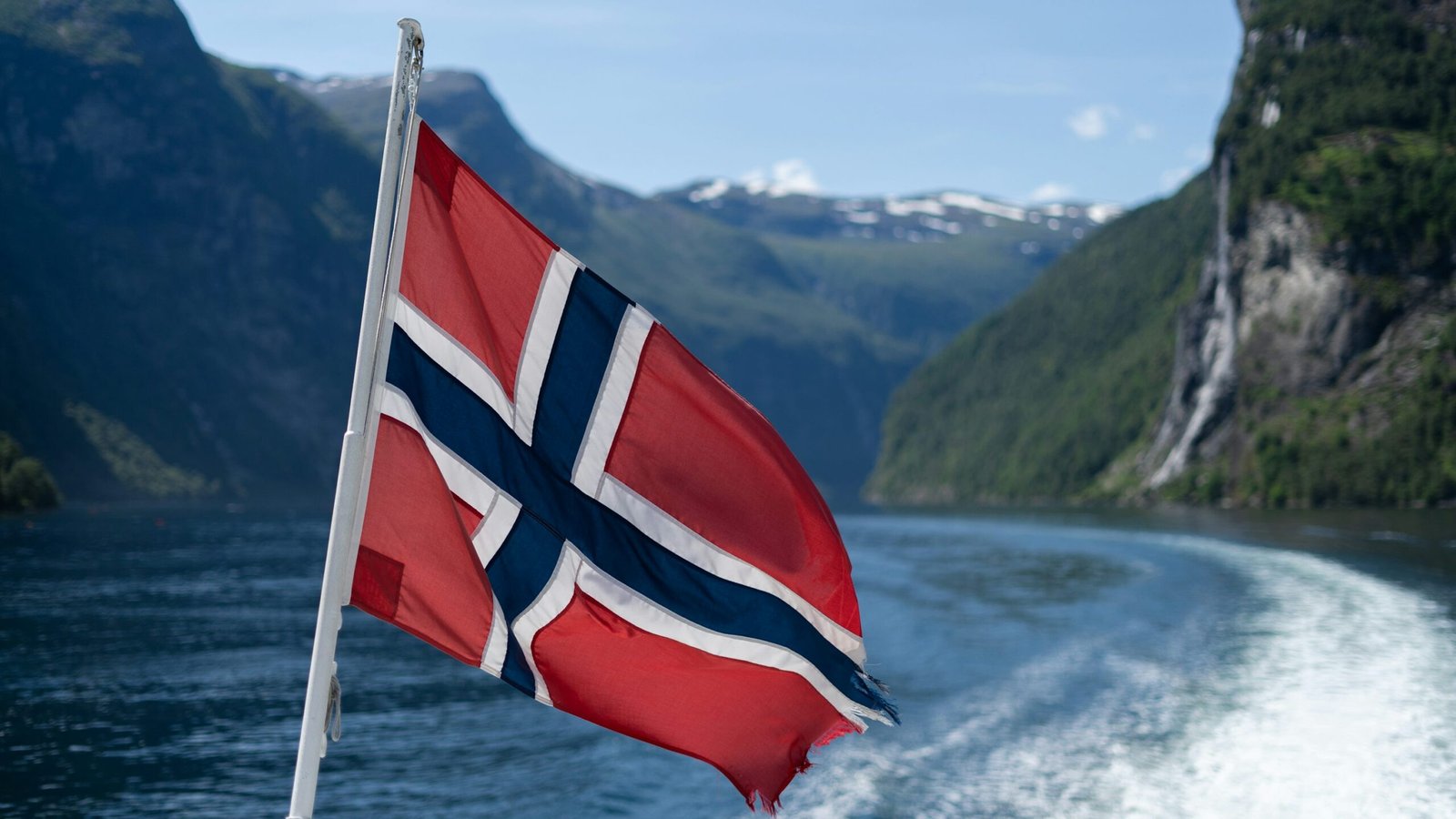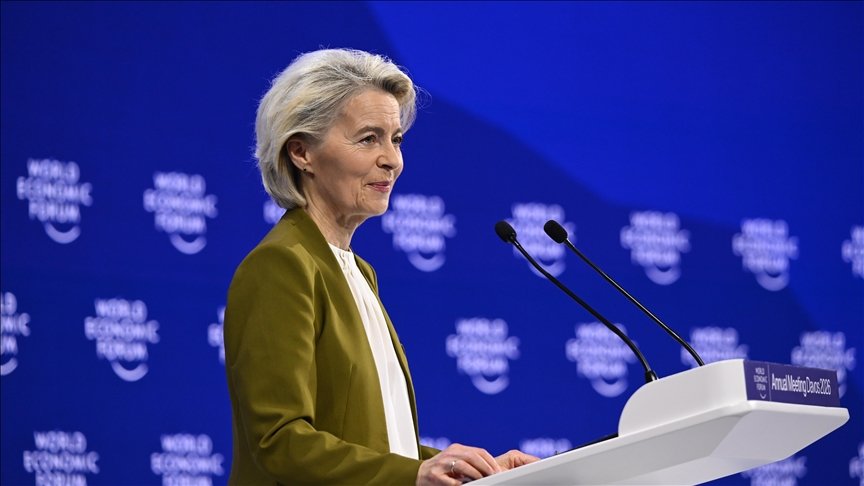Athens, July 18, 2024, The Europe Today: Italy, Greece, and several Balkan countries continue to grapple with an extended heat wave, triggering wildfires and causing significant environmental impacts, including the drying up of a lake in Serbia for the first time.
In Athens, temperatures are predicted to reach a scorching 43 degrees Celsius (109.4 degrees Fahrenheit) on Wednesday. As a precaution, the Greek Ministry of Culture has ordered the closure of the iconic Acropolis archeological site from noon to 5 p.m. Authorities have warned against extensive sun exposure during peak hours and urged people to stay hydrated. The heat wave is expected to peak on Wednesday and Thursday, with central, western, and northern Greece bearing the brunt of the high temperatures.
Italy is also experiencing severe heat, with Palermo, Sicily, joining 13 other cities under a severe heat warning. The Italian peninsula continues to endure oppressive heat, prompting advisories for people to remain indoors during the hottest parts of the day.
In North Macedonia, authorities are struggling to control dozens of wildfires that have erupted in the last 24 hours. One significant blaze stretches nearly 30 kilometers (21 miles). The eastern region of the country is particularly affected, with firefighting assistance coming from Serbia, Montenegro, Croatia, Romania, and Turkey. Approximately 200 wildfires have burned across North Macedonia since the beginning of the month, leading the government to declare a month-long state of emergency, including a ban on access to forest areas.
Other Southern Europe nations along with Serbia, Croatia and Bosnia where temperatures have hovered around 40 degrees
The intense heat wave has also had severe consequences in Serbia, Croatia, and Bosnia, where temperatures have hovered around 40 degrees Celsius. In Bosnia, the city of Mostar has recorded this high for six consecutive days. In Serbia, the Rusanda salt lake in the northern province of Vojvodina has reportedly dried up for the first time, highlighting the extremity of the heat.
In Albania, the government has rescheduled working hours for civil servants, allowing some to work from home. In Tirana, the capital, the streets and cafes remain almost empty, with the few people outside using umbrellas for protection.
Romania and neighboring Moldova are also under the grip of the intense heat wave, with temperatures in Bucharest and Chisinau exceeding 40 degrees Celsius this week.
Scientists attribute these extreme weather patterns to global warming, with climate change linked to longer and hotter heat waves. The ongoing situation specifically in Europe underscores the urgent need for comprehensive measures to mitigate the impact of climate change on vulnerable regions.














